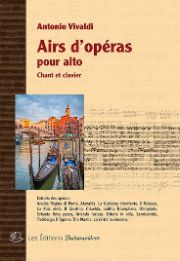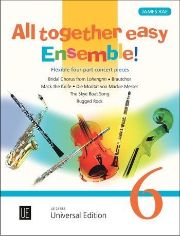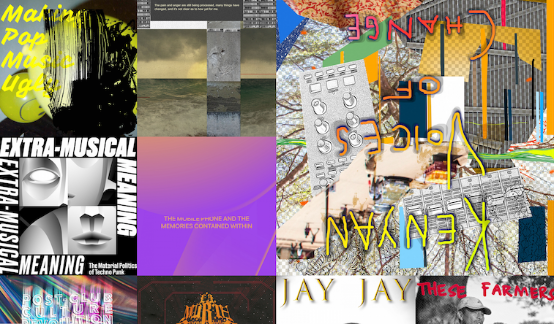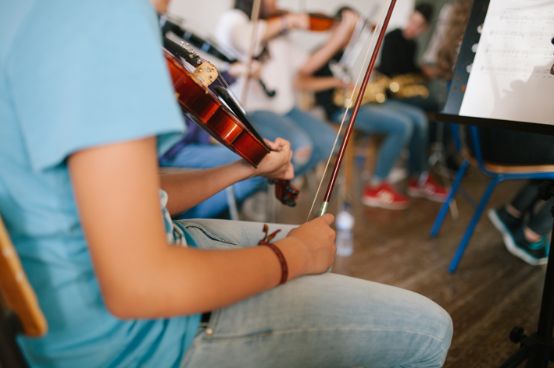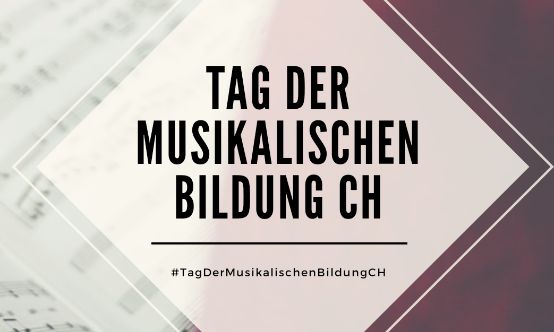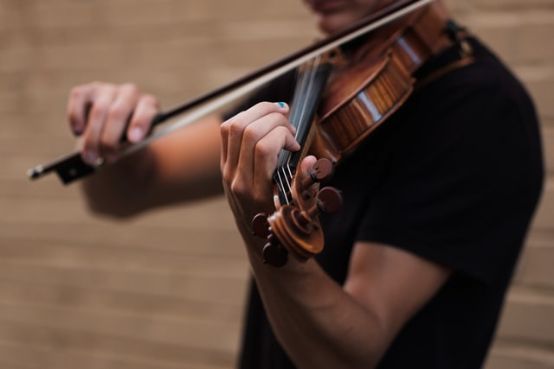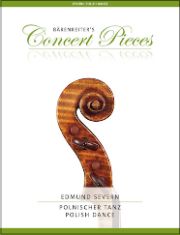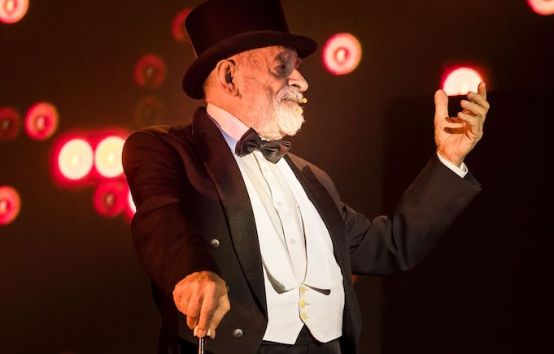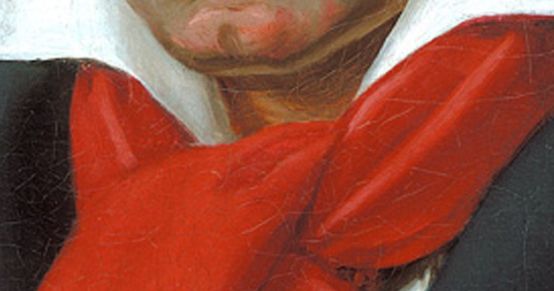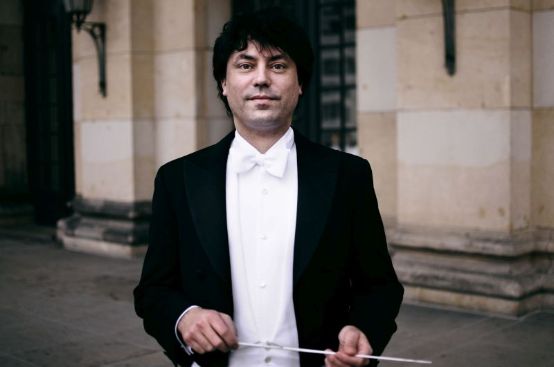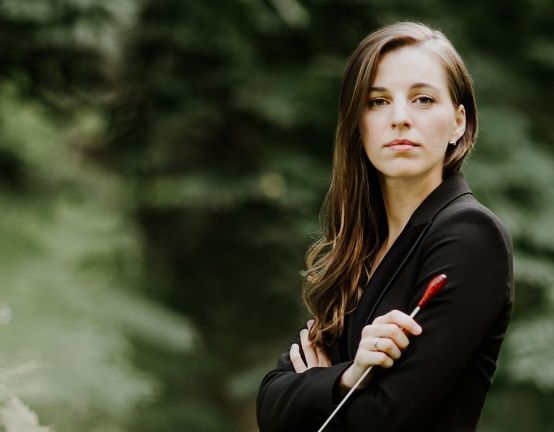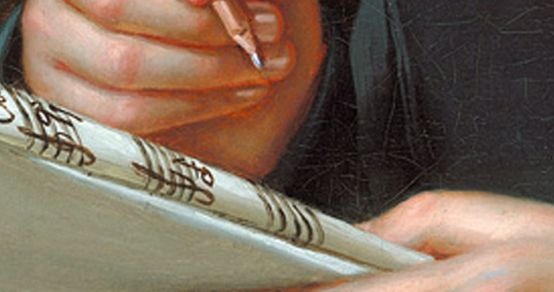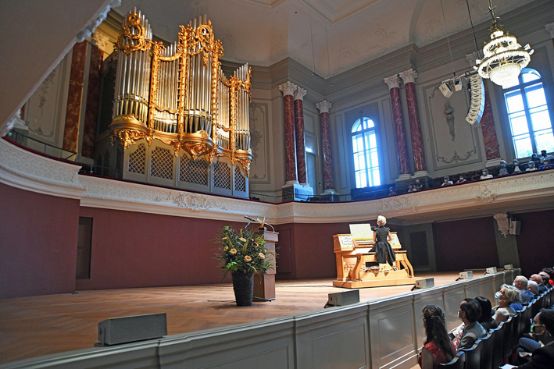The opera composer Vivaldi
Editions Buissonnières have made his arias available in desirable collections for every voice range.

Antonio Vivaldi, composer and violin virtuoso, is famous for other works, not for his operas. And yet, according to his own account, he wrote 94 operas between 1713 and 1739, up to 5 operas a year! Of these, 49 have been preserved and identified, at least in part, as his works.
Vivaldi was particularly active as an opera composer in the theaters of Rome, Mantua, Verona and in his hometown of Venice and mainly used material from ancient history and mythology. Divas such as Cecilia Bartoli have performed his operas before, and corresponding recordings are available, but apart from a few well-known arias, this music is not often heard. Editions Buissonnières now make Vivaldi's vocal works accessible to us in the most beautiful way.
An entire collection of Vivaldi arias gives us a glimpse of unexpected treasures, even from very unknown operas. Organized by vocal genre, this is an enchanting series, enchanting above all in its execution: bound books that would make photocopies and tablets green with envy. You want these books have. Even the hard cover is captivating with its Venetian views, a volume is dedicated to each voice part, soprano, mezzo-soprano, alto and tenor arias are of course supplemented by a volume for contre-tenor, another for baritone/bass has been announced for this year. There is also a volume with ensembles and choirs. The sheet music is enriched by a few historical illustrations.
Three major operas are discussed in detail with their genesis, cast and content. Each aria is preceded by comments on how the arias fit into the respective plot and a translation of the vocal text from Italian. The only drawback is that all these texts are only in French.
The music is gripping, moving, extraordinary and varied. As we know Vivaldi. Virtuosically challenging, furious, elegiac-expressive, heartfelt. You can learn to sing with this music, you can demonstrate virtuosity, musicality and expressiveness. One can only hope that these works will increasingly find their way into concert halls and music academies. Or have you ever heard of an opera called Tietiberga or Dorilla in Tempe or Atenaïde heard?
Antonio Vivaldi: Airs d'opéra pour
soprano, chant et clavier, EB-2-115, € 29.00;
mezzo-soprano EB-2-337, € 33.00;
alto EB-2-371, € 38.00;
contre-ténor, EB-2-222, € 38.00;
ténor, EB-2-372, € 29.00;
Extraits d'opéras duos, trios, chœurs, EB-2-370, € 29.00;
Editions Buissonnières, Crozon






